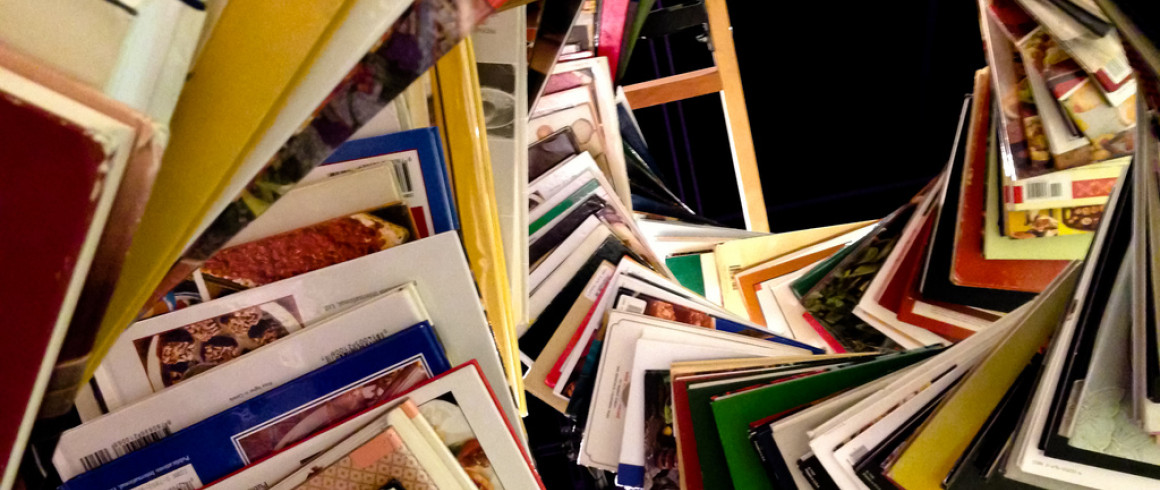Banned Books Week: Why have it?
This week is Banned Books Week. The theme is ‘freedom to read’; the theme explores the complexities of access to read, not just whether or not the books can be published in the first place.
One might wish that censorship of books belongs in a time long-past, when anything from mention of women’s ankles to the idea that atheism might have a point, or that a dictator might need to be deposed, would see books burned, hidden, or confiscated. But it would seem that censorship is alive and well, and this is why many people will be marking Banned Books Week. The American Library Association compiles a list of the 10 most challenged books every year; the 2016 list shows that, while state censorship may be less common now, it still happens in more local forms. Limiting the choice of books to a narrow political persuasion of any kind in schools, libraries and bookshops might determine how people of all ages form ideas and perspectives, and consequently behave.
Look more closely at why people challenge books and it reveals the barriers we still face in terms of acceptance of difference. Half of the books on the ALA’s 2016 list were challenged partly because they contained portrayals of LGBT+ characters. Several of these books had been nominated or awarded Stonewall Honour Awards, throwing into sharp relief the different topographies of acceptance across global society.
Many people – including the #WeNeedDiverseBooks campaign – have been calling for wider representation in literature to reflect the lives and experiences of all young people better. It’s easy to see why, reading articles like this one by a teacher who realised his primary school students thought that people in stories had to be white, because no one had told them otherwise. Freedom of expression in literature matters. It matters because it is important for young people to see their experiences reflected in what they’re reading, and it matters because books are one way we can experience alternative points of view, access the information we need to form an understanding about the world around us and accept with good grace that there is more than one opinion or line of thought and that those thoughts and experiences may not be comfortable or straightforward. Censorship conceals diversity of experience and shrinks the world, restricting opportunities for growth and knowledge and increasing division. By marking banned books week, we can make these hidden books visible.
Below is a photo gallery of the banned books display in the Pembroke library. The books range widely in terms of topic, age, and reason for censorship, illustrating the important contribution of of banned books, past and present.
[auto-gallery]






 [/auto-gallery]
[/auto-gallery]
